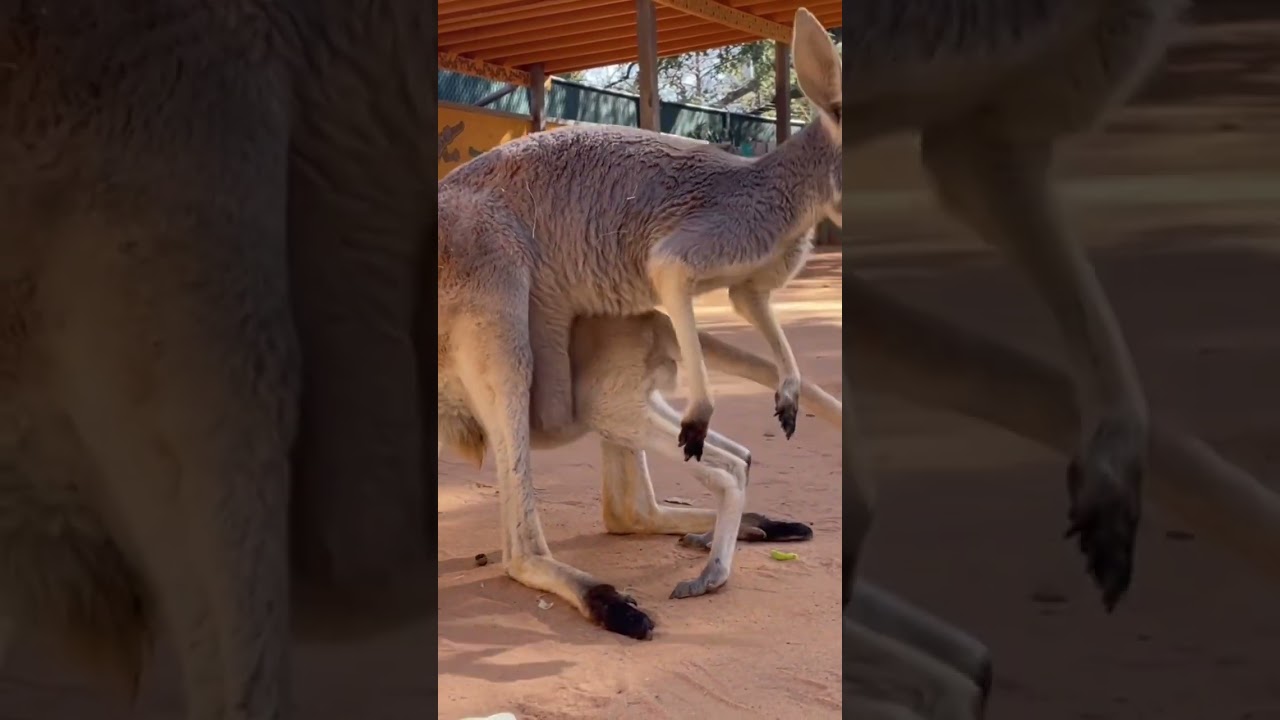Summary:
– The incredible diversity of wildlife found in zoos
– The critical role of zoos in conservation efforts
– The unique experiences and educational opportunities offered by zoos
We all have those days 🥺
Sometimes, life gets tough. Work deadlines, family responsibilities, and everyday stresses can affect mental and emotional well-being. On such days, finding ways to relax, unwind, and reconnect with nature is crucial. And what better way to do that than by visiting a zoo? Zoos offer a unique and fascinating experience, allowing us to get up close and personal with the wonders of wildlife. This blog post will delve into the exciting world of zoology, zookeeping, and the incredible diversity of zoo species, highlighting their importance in conservation efforts and the educational opportunities they offer.
Zoos are a treasure trove of biodiversity. From majestic big cats like lions and tigers to playful primates like lemurs and monkeys, zoos house diverse animals from all corners of the globe. But what makes these creatures so unique and fascinating? Let’s take a closer look!
Imagine standing face to face with a gentle giant – the African elephant. With their long trunks and large, floppy ears, these magnificent creatures have captivated humans for centuries. Did you know that elephants are highly intelligent, social animals? They live in tight-knit family units led by an older female known as the matriarch. Observing these incredible beings up close can give us a newfound appreciation for their complex behaviors and the importance of protecting their natural habitats.
Speaking of habitats, zoos play a crucial role in conservation efforts. Many species housed in zoos are endangered or threatened in the wild. These institutions serve as safe havens, providing a breeding ground for endangered animals and conducting research to better understand their needs and behaviors. By supporting zoos, we contribute to preserving these species for future generations.
Education is another essential aspect of zoos. They offer many interactive and educational experiences that help us learn about wildlife conservation and our planet’s intricate web of life. From guided tours and animal shows to hands-on encounters, visitors of all ages can broaden their knowledge and appreciation for the natural world. It’s not just children who benefit from these experiences; adults can also rediscover their sense of wonder and connection with nature.
Imagine taking a stroll through a tropical rainforest exhibit, where lush greenery surrounds you, and the sounds of birds fill the air. One moment, you find yourself mesmerized by the vibrant plumage of a Scarlet Macaw and the next, you are startled by the ear-piercing call of a howler monkey. These immersive environments allow us to witness the beauty and diversity of our planet’s ecosystems, offering a sense of peace and tranquility amidst the bustling chaos of daily life.
In addition to their educational and conservation efforts, zoos play a significant role in research and veterinary medicine. Many zoos have teams of dedicated professionals, including zoologists, veterinarians, and animal keepers, who work tirelessly to ensure the well-being of their animal residents. Through research projects, zoos contribute to scientific knowledge and advance our understanding of various species. They also provide veterinary care and rehabilitation to injured or orphaned animals, giving them a second chance at life in the wild.
So, the next time life feels overwhelming, consider visiting your local zoo. Marvel at the diversity of wildlife, appreciate their beauty and learn about zoos’ vital role in conservation. Whether you’re a nature lover, an animal enthusiast, or simply looking for a day of relaxation and fun, zoos offer something for everyone. Let the wonders of the animal kingdom uplift your spirit and remind you of the beauty and resilience of life on Earth.
*****
Source Description

